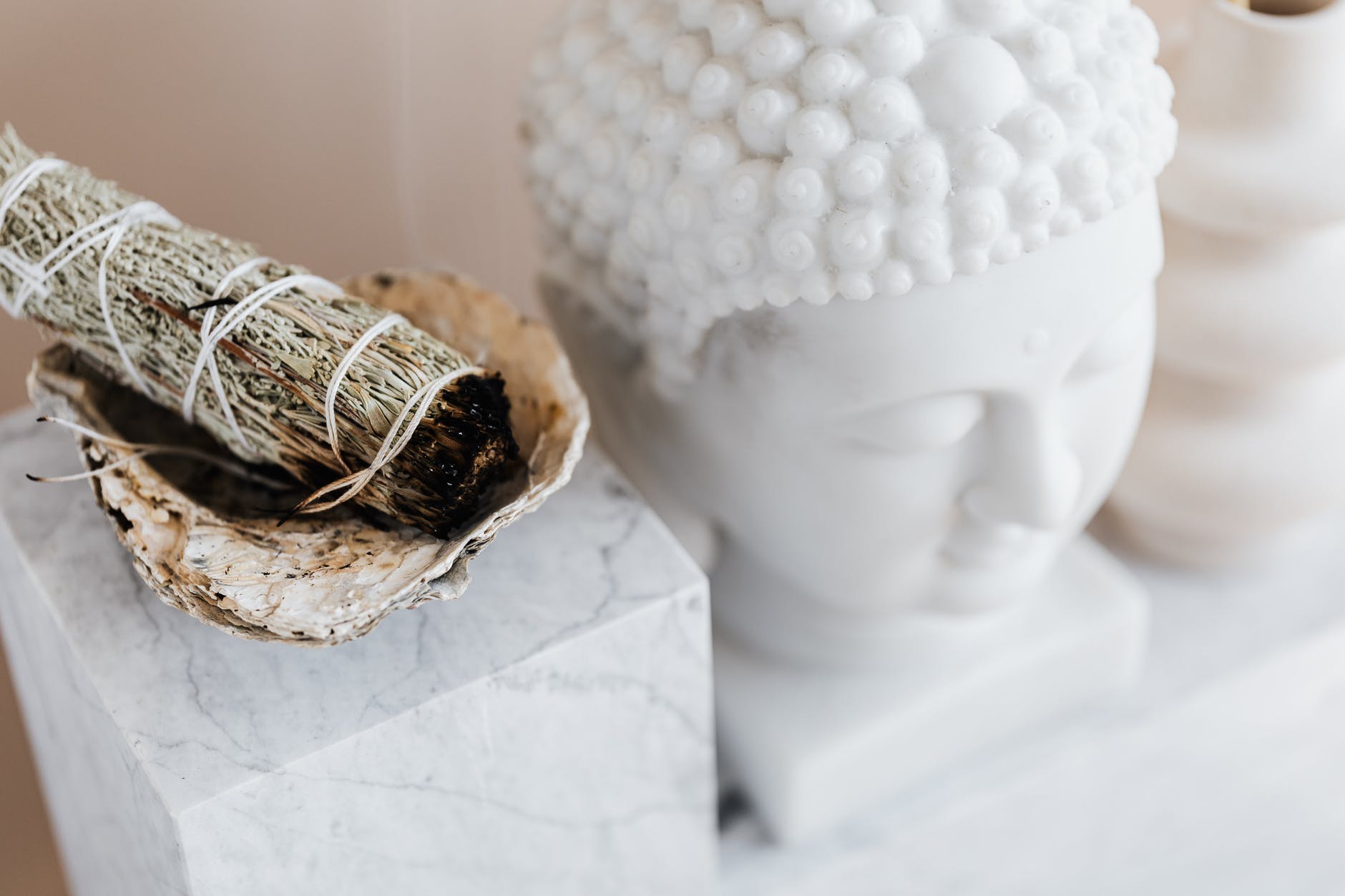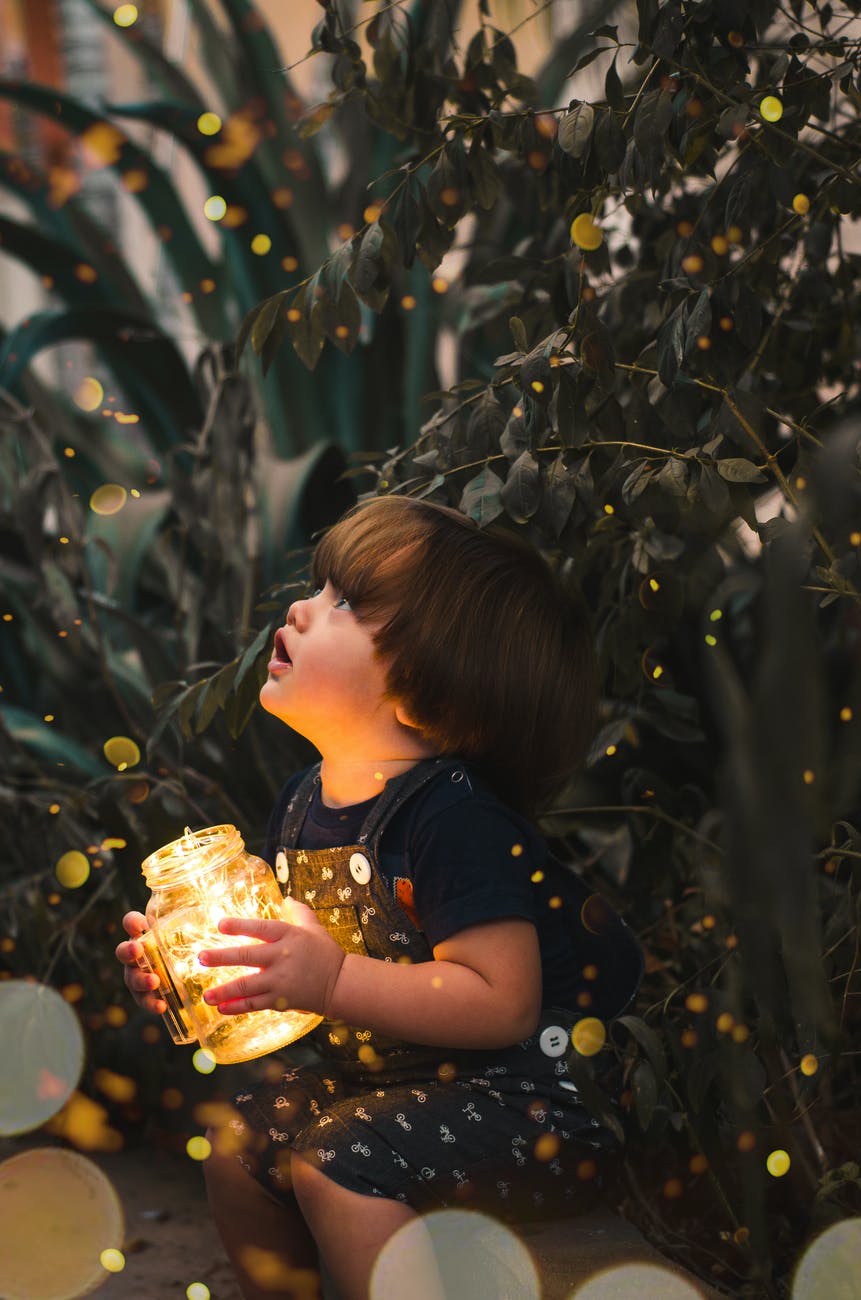
As humans, we have a timeline.
We are born, go through our terrible twos, and progress through the whiny kid stage. As we develop into teenagers, our lives are fraught with anxiety, depression, and rebellion. We get our first job and struggle to ‘find ourselves’.
Once we hit adulthood, we reach traditional maturity, attain responsibility and ‘earn our place in the world’. But then the scales tip again, and we become old, grumpy, and tired.
We all know this story, the age old evolution of the human life. We know what to expect, and, for the most part, our expectations are met.
But what about those people who are ‘old souls’? Mature for their age, or just too wise for common explanation?
In these cases we tend to say that the parents got lucky, did a good job, or some other explanation to rebuild the developmental mold.
I have a theory that this way of looking at life does us a disservice. Let me explain why.
First, let’s start with biology.
Every human body is subject to the world of hormones, neurotransmitters, and blood chemicals. Our bodies grow and develop throughout our lifetime (as they should).
Biology, neurology, and every other physical science plays a significant part in our collective human experience. As we live in this world, how our bodies feel directly impacts how we experience each day.
But we are not our bodies.
There is more to us than our physical shell, this vehicle that is at the whim of seemingly uncontrollable hormones and epigenetics. Biology is a large piece of the puzzle, but it is not the only piece.
The stages and milestones of our physical development correlate with stages of emotional development. For example, the growth spurts of a toddler tend to correlate with the ‘terrible two’s’, and puberty brings with it the sensitivity and rebellion of teenage years.
As a society, we like to measure someone by their ‘life experience’. How old are they, what have they gone through in their life, and, most importantly, have they ever had a job?
These experiences represent coming of age opportunities, chances to progress through the hierarchy of ‘life experience’. We, as a society, listen to the older person with more experience when faced with a younger, less seasoned alternative.
But this is where I disagree.
Yes, we have life experiences, and they add up. But we also have soul experiences.
These are the experiences that grant true, inner wisdom. This wisdom is not tied to physicality, maturity, or development. Soul experience comes from a source beyond the world, and innate knowledge that is bigger than ourselves.
Before I lose you, let me explain.
This isn’t as crazy as it sounds. How many times have you met someone, especially a young someone, who was ‘beyond their time’, an ‘old soul’, or ‘mature for their age’?
I can almost guarantee that the maturity they expressed had not come through ‘life experience’, at least the way we tend to define it.
So where did it come from?
There are many theories, ranging from reincarnation, to Enlightenment, to being touched by the Holy Spirit. The origin of this wisdom is in the eye of the beholder, but its expression is visible to us all.

So, what is the difference between life experience and soul experience?
Life experience is what our parents mean when they say, ‘You’ll understand when you get older”. Life experience is dependent on our age, our experiences on earth, and our development. How much we have ‘been through’ often contributes to the amount of life experience we have.
Soul experience is not dependent on anything other than our inner selves. Our innate knowledge of the world, our intuition and gut instincts, and our spiritual connection are all parts of soulful wisdom. Soul experience is what creates old souls and kindred spirits. This inner wisdom and connection is not restrained by time, human experiences, or age.
Soul experience is innate. Life experience is earned.
With this idea, an 80-year-old man may have more life experience than a 19-year-old girl, but that does not mean he has more spiritual experience or wisdom. No unspoken rule says the 19-year-old girl is inferior in true maturity or wisdom, because soulful experience is not defined by age.
We are a beautiful conglomeration of mind, body, and soul. Forcing all of these realms into one box does a disservice to ourselves, and to the unspoken hierarchy into which we categorize our fellow travelers.
So, next time, before you deem someone mature or responsible because of their age or ‘life experience’, allow yourself to explore their soul experience too.


